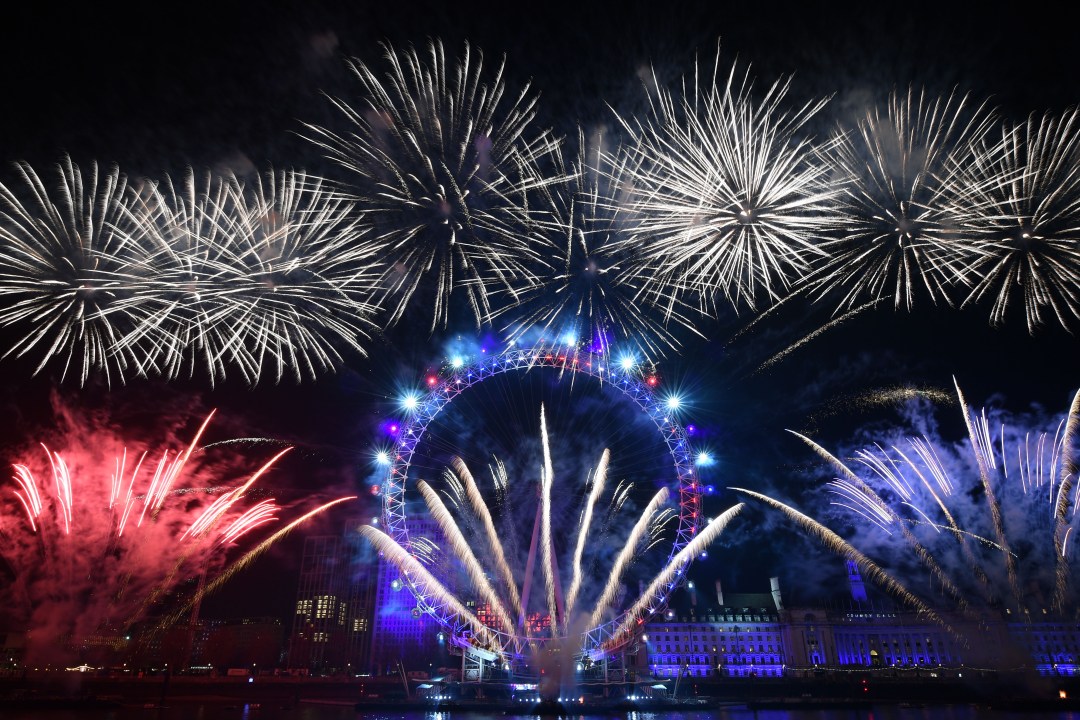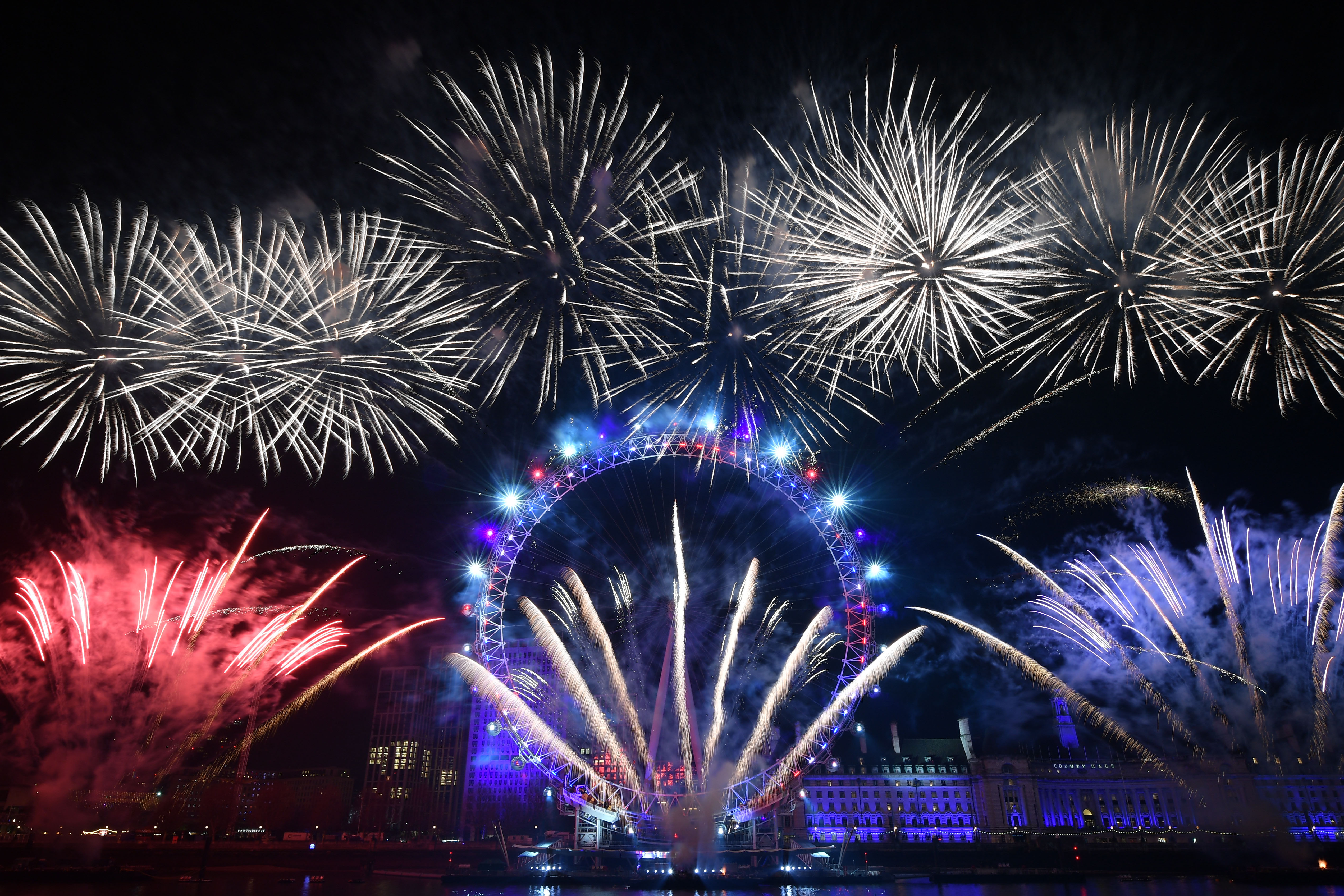When I was 11, Iraqi scud missiles exploded next to our home, collapsing part of our roof while I huddled together with my younger siblings on my parents’ bed wearing gas masks. This was in 1991, during the Gulf War when Israel was under attacks for the better part of January and February. I lived with my family near Tel Aviv, in an area designated ‘Zone A’ – the most likely to be hit by missiles. This wasn’t the only time I’ve experienced bombings: as an operations sergeant in the IDF, I was stationed on the border with Lebanon at a time of fierce and frequent fighting with Hezbollah; and as a civilian living in Israel during several rounds of fighting with Hamas that involved rocket attacks.
To say that I dislike loud sudden noises would be a gross understatement. I moved to the UK over a decade ago, thinking the move would be temporary. Instead, I have found a home here. Beyond my love of the people and the culture, I encountered something unexpected: widespread enthusiasm for fireworks combined with the legal permission to set them off on any day of the year. But New Year’s Eve is always the worst.
For me, a sudden explosion means instinctively leaping to protect my children, or reaching for an imaginary helmet
During ‘fireworks season’ – between November and the end of the year – the hyper-vigilance I experience is stressful and exhausting. I know that on any given evening fireworks may, and will very likely, be set off nearby. It often brings back painful memories; when fellow soldiers and friends were killed by Hezbollah IEDs so powerful, the explosion was heard and felt several miles away. These memories can be so vivid, that I can sometimes smell the horrible rubbery stench of the gas masks we had on during the Gulf War.
My reaction to fireworks isn’t unique, and it isn’t nearly as bad as it gets. People with PTSD, veterans, those with learning disabilities and young children are among those who may experience harmful and adverse reactions, including extreme anxiety. Animals have been known to suffer severe reactions, sometime to the point of death. According to the RSPCA, nearly half of dogs and cats show signs of fear when they hear fireworks. Because animals have sensitive hearing, fireworks can also cause permanent hearing loss. Proximity to fireworks can cause burns and eye damage.
Petitions gathering hundreds of thousands of signatures resulted in a government review that rejected the need for tighter laws. The review, published in November, seemed to be more concerned with the possible harm to the fireworks industry than to the mental and emotional wellbeing of those who suffer from it. It included several ‘soft’ recommendations that aren’t likely to make much difference. These include techniques to help people and animals manage stress, but those are contingent on knowing in advance when fireworks will be set off, which more often than not, isn’t the case.
The review also neglected to take into account another major problem with fireworks: pollution. Fireworks can release several highly toxic and polluting chemicals that are harmful to the environment and to people. Many fireworks also contain oxidisers that contaminate rivers, lakes and drinking water.
Is it time to ban fireworks? It would certainly make my life better. But perhaps there might be another way for Brits to still indulge their love of loud noises and explosions at the same time that people like me aren’t left terrified. Silent or low-rise fireworks would be a start. So, too, would tighter restrictions on the time and type of events where fireworks are allowed and an obligation to inform others of an intention to set off fireworks, will allow those who react to them to better manage their stress and anxiety (or that of their pets).
Does the entertainment value of fireworks justify the negative impact on individuals, our society and the environment? This is a simple cost-benefit analysis. The government is clearly reluctant to tighten the laws, leaving it up to the public to change things. Most people setting off fireworks aren’t engaged in anti-social behaviour. They are law-abiding citizens unaware of the effect that fireworks have on their neighbours. For me, a sudden explosion means instinctively leaping to protect my children, or reaching for an imaginary helmet, gas mask or body armour as I have done at wartime. It is stressful and exhausting, and the feeling lingers. Before you launch your fireworks tonight, spare a thought for people like me.







Comments